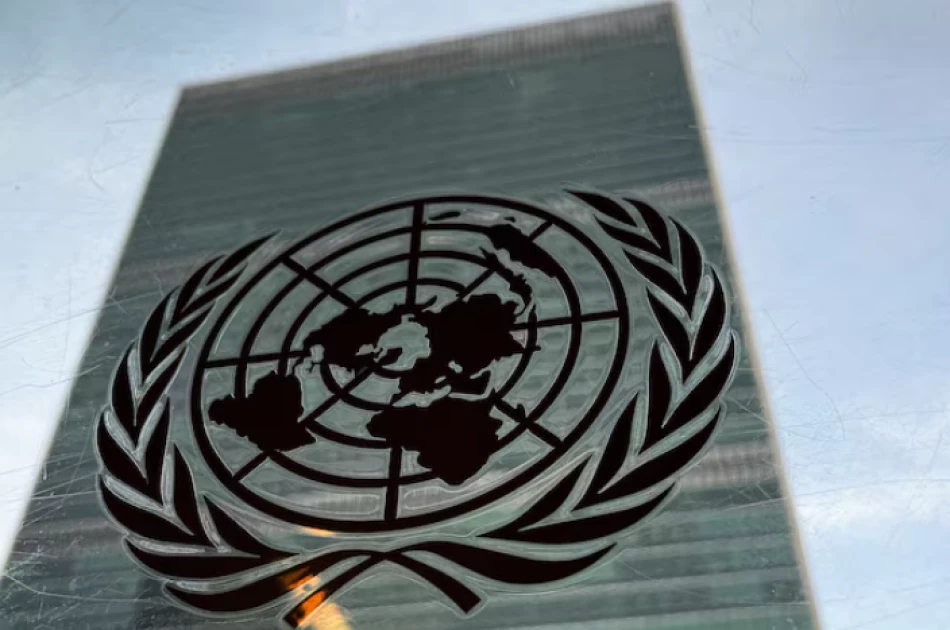The United Nations has urged Guinea’s transitional authorities to lift restrictions on political parties and media outlets ahead of the country’s long-awaited elections scheduled for December.
Since seizing power in 2021, junta leader General Mamady Doumbouya has ruled with a heavy hand. Opposition parties have been suspended, media outlets silenced, and demonstrations banned since 2022. Many opposition figures have faced arrest, imprisonment, or exile.
In a statement on Thursday, UN High Commissioner for Human Rights Volker Turk called the bans “unacceptable” and pressed the military government to restore fundamental freedoms.
“The military authorities in Guinea must first and foremost lift the unacceptable bans on political parties and media outlets,” Turk said. He added that the transition process must respect international human rights standards, emphasizing public participation, inclusiveness, and transparency.
The call came just days after Guineans voted in a referendum to adopt a new constitution, a move that paves the way for legislative and presidential elections. However, the constitution also opens the door for Doumbouya to run for president, raising fears of an uneven playing field.
Turk’s office also highlighted a troubling rise in human rights violations. Reports of arbitrary arrests and enforced disappearances have increased, with at least 10 individuals unaccounted for after being detained by security forces. Among them are activist Oumar Sylla, widely known as Fonike Mengue, and journalist Habib Marouane Camara, both missing since last year.
The UN rights chief demanded the release of those held arbitrarily and called for independent investigations into the disappearances. He also criticized the junta’s pardon of former president Moussa Dadis Camarra, convicted of crimes against humanity for his role in the 2009 massacre.
While Guinean Prime Minister Amadou Oury Bah has pledged that elections will take place this year, the UN stressed that credible polls require a political environment free from repression.
As the December vote approaches, international observers are closely watching whether Guinea’s junta will honor its commitments or continue to restrict opposition voices.

